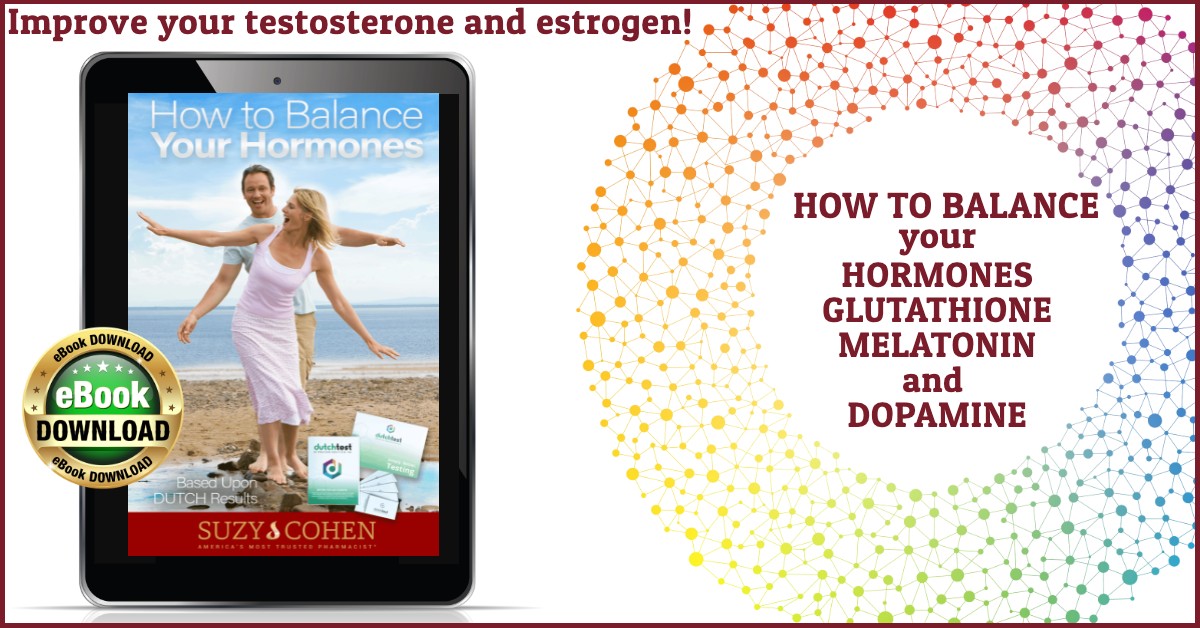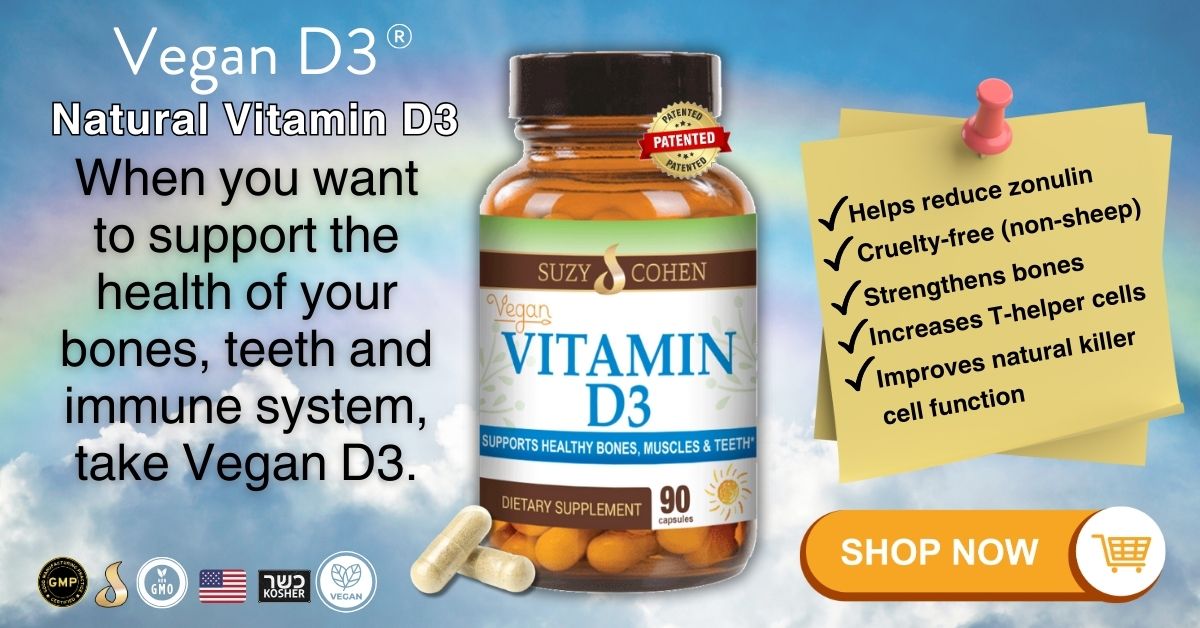What's On This Page?
ToggleToday, I’m thrilled to share a fascinating study that challenges our traditional views on cholesterol and heart health. Can you believe that Oreos might teach us something profound about managing cholesterol? Let’s dive into this intriguing research and explore the vital role of cholesterol in our bodies.
First, did you know that cardiovascular disease, including stroke, is the number one cause of mortality in the United States, you can imagine the cost of rehabilitation and the level of disability that results from those individuals who do not pass away. It’s huge and terrifying and it begs the question, WHY?
Why with all our medications and cholesterol-reducing drugs and other interventions do so many people die? It’s like two people every single minute and that’s just in the United States of America.
The American Heart Association estimates up to 90% of cardiovascular diseases may be preventable with education and action. Hmm, that makes you wonder, doesn’t it? And could cookies be the answer? That was the premise of one scientist who experimented on himself with Oreo’s. I just love this guy, don’t you?! What a hoot!
Oreos vs. Statins: An Eye-Opening Experiment
In a thought-provoking experiment, Mr. Norwitz, adhering to a ketogenic diet (which is what I do too), embarked on a unique journey. Anyway, he added 12 Oreo cookies daily to his keto diet and did this for 16 days, comparing its effect on his LDL cholesterol levels with that of taking statin drugs.
Surprisingly, his LDL-C levels plummeted by 71% with Oreos!
He then did what’s called a washout, which is a period of time where he takes nothing just to get back to his baseline. I believe the washout period was 3 months.
With no other real changes in his health or weight, he began taking a popular pharmaceutical drug called rosuvastatin (20mg daily). He again saw a reduction in his cholesterol levels as measured by blood. However, it was not as significant as with the cookies.
Statin use only gave him a 32.5% reduction. This experiment highlights how dietary changes, even unconventional ones, can significantly impact cholesterol levels, particularly in individuals with specific dietary patterns like lean mass hyper-responders.
Why We Need Cholesterol
Did you know that cholesterol isn’t the villain it’s often portrayed to be? That probably comes as a surprise to some of you.
It’s a crucial life-sustaining component of our health and when we become deficient, we feel terrible! Cholesterol serves as a backbone for neurotransmitters associated with mood and cognition. It’s essential for synthesizing thyroid hormones and other vital hormones. Without adequate cholesterol, we could face a host of issues, including hormonal imbalances, reduced mental health, and compromised immunity.
I wrote a very important article that you will like, please take 5 minutes or so to read this: Statins are Potent Drug Muggers of DHEA.
The Downside of Statins: Nutrient Depletion (Drug Mugging) –> Side Effects
While statins are widely prescribed for cholesterol management, they come with a ‘drug mugging’ effect, robbing our bodies of essential nutrients. Statins can deplete coenzyme Q10, a key nutrient for muscle health and energy production. This depletion can lead to muscle aches, weakness, and even depression. Additionally, statins may interfere with the synthesis of vitamin D and other vital compounds. They reduce levels of DHEA and you can read about that HERE.
If you don’t have a lot of time, I’ll just tell you insufficient levels of DHEA have been associated with osteopenia/osteoporosis, heart disease, fatigue, mood instability, depression, faster aging, memory loss, and breast cancer. If you take a statin, and want to know your DHEA levels at this point, I don’t blame you. You can evaluate your levels of DHEA (and other important hormones like cortisol, cortisone, estrogen, testosterone, melatonin, etc) with a simple at-home urine test that I offer now, DUTCH Complete — Learn more HERE.
If you’re new to me you may not realize that over 20 years ago, I was among a half dozen people with any media outreach to warn people about the drug nutrient depletion effect of these drugs and the potential harm that could come if CoQ10 was not restored. It got me into a bit of ‘trouble’ because this was news to almost everyone, even doctors!
And I had to defend myself to everyone by providing references (which were pretty easy to find), and over the phone and to about several hundred people who thought I was nuts. I had to defend myself to a couple of cardiologists in the country who were not yet aware and thought I was crazy.
I referred them to their own journals and to pubmed so they could see the data themselves, and also show these two guys the actual pathways about metabolism! The PTSD of all that arguing is still with me, and it hasn’t stopped me! It was well worth it because thousands (probably millions) of people KNEW TO TAKE this important nutrient, and I probably saved them from a lot of dis-ease! Today it is common knowledge, everyone knows it and my reputation is just fine but back then talking about the statin depletion effect was considered off the rails.
And with that said, there are many MANY other important depletions that you hopefully know about. Depletions don’t just happen with statins, they happen with EVERY medication!
Cholesterol Gets Too Much Attention
We need cholesterol. I will stand by this statement for as long as I live. But again, it gets me into a bit of ‘trouble’ because everybody wants to lower it to unreasonable amounts!
But there are numerous well-designed scientific studies that suggest factors other than cholesterol are more critical in the development of coronary heart disease (CHD). Things such as lipoprotein(a) abbreviated as Lp(a), and homocysteine, and others.
Lipoprotein(a) and homocysteine as risk factors for CHD: A study highlighted that both elevated levels of Lp(a) and homocysteine are significant risk factors for coronary heart disease. In my opinion and many cardiologists, these two risk factors are WAY MORE IMPORTANT than your cholesterol!
As you probably have guessed, there isn’t a medication that is yet available to lower Lp(a) and homocysteine – only diet and vitamins/supplements. So the focus remains on cholesterol because medications can treat that number. Does it make you healthier? It depends on who you ask.
This study involved patients who underwent complete cardiac examinations, including coronary angiography and biological analysis. It was found that patients with significant coronary artery stenosis had notably higher levels of homocysteine and Lp(a) compared to control subjects independent of more talked about risk factors (ie LDL cholesterol levels).
Another paper I read emphasized that Lp(a) and homocysteine, along with remnant-like lipoprotein cholesterol, are emerging as independent risk factors for CHD. If you don’t know what remnant-like lipoprotein is, you can read THIS.
(Essentially, it’s a teeny-tiny protein that is super dense and thought to be more harmful than LDL).
People with high levels of homocysteine, or Lp(a) would benefit from B complex vitamins, specifically niacin (but that does cause a heat flush), or estrogen. We do know that older women benefit from estrogen therapy because it lowers their cholesterol. You can read more HERE.
My point is that everyone is interested in lowering cholesterol, but there are two elephants in the room being ignored, homocysteine and Lp(a), specifically the “remnant like lipoproteins” and all of that is being ignored while you blow smoke out of the house without controlling the fire.
Restoring Balance: Nutrients to Supplement if Taking Statins
If you’re on statins, it’s crucial to counteract their nutrient-depleting effects. Consider supplementing with Coenzyme Q10 to support muscle and heart health. Additionally, ensure adequate levels of vitamin D, omega-3 fatty acids, and magnesium, all crucial for maintaining overall health while on statin therapy.
7 Natural Ways to Manage Cholesterol: Beyond Oreos
While the Oreo experiment is fascinating, I’m not advocating cookie therapy! I do advocate a keto diet that tilts to healthy fats and also includes more meat/protein (ie higher protein and fewer carbs on your plate), and if you don’t want to do that, at least eliminate as many carbohydrates as you can, and avoid refined sugar. It’s a start. You should know that carbs cause high cholesterol, not fat.
There are healthier ways to manage cholesterol:
1. Embrace Healthy Fats: Incorporate avocados, nuts, and olive oil into your diet. This is critical.
2. Fiber-Rich Foods: Oats, legumes, and colorful berries can help lower LDL cholesterol. That said, some people including my own husband have found that a keto/carnivore diet (which is pretty much devoid fof fiber and legumes) works even better for their levels of homocysteine. Sam noticed his homocysteine plummet from 24 to 7 in just several months on this diet (plus his cholesterol went down by 15% too). To be fair, it wasn’t “zero”, he was eating salads though, along with the meat/protein.
The keto/carnivore diet is great for people with autoimmune disease! You can look it up on your own. But the point here is that tons of fiber in your diet isn’t necessary for some people, in fact it isn’t good for some people. It’s a very individual thing and many other factors are involved in lowering homocysteine. I think you just have to experiment with your diet and see what works for you and speak to a nutritionist or doctor about this.
3. Regular Exercise: Even moderate physical activity can improve cholesterol levels.
4. Mindful Eating: Focus on whole, unprocessed foods for a balanced diet.
5. Avoid Artificial Ingredients: Some people are sensitive to those so avoid them, or just enjoy in moderation.
6. Take a B vitamins: This lowers homocysteine and activates methylation.* Have you seen my Mito B Complex? It’s available without a prescription because it’s just a B vitamin formula, however, doctors all over the U.S. are recommending it. (Are you a practitioner and want to be my affiliate? Click here)
7. Take Omega 3 fatty acid supplements: This can help with platelets, triglycerides and other cardiovascular risk factors.
Summary
This study on Oreos is fun and fascinating. It is a reminder that the world of health and nutrition is always evolving and sometimes we think we know something about science and health, and then we find out we don’t really have all the details.
For example, cholesterol, an essential component of our well-being, deserves a nuanced understanding rather than a one-size-fits-all approach. Not everyone should lower cholesterol. It can lead to depression, pain in the body and a depletion of a ubiquitous nutrient called “Ubiquinone” which you probably know as CoQ10. This nutrient sparks the energy of every cell in your body. It’s suppressed with long-term statin usage and that can lead to more side effects.
By exploring alternatives to just simply reducing cholesterol, we can improve our heart health strategies. We need to explore more options because
Remember, always consult with your healthcare provider before making any changes to your medication or diet. Here’s to a heart-healthy and informed lifestyle!

Suzy Cohen, has been a licensed pharmacist for over 30 years and believes the best approach to chronic illness is a combination of natural medicine and conventional. She founded her own dietary supplement company specializing in custom-formulas, some of which have patents. With a special focus on functional medicine, thyroid health and drug nutrient depletion, Suzy is the author of several related books including Thyroid Healthy, Drug Muggers, Diabetes Without Drugs, and a nationally syndicated column.



